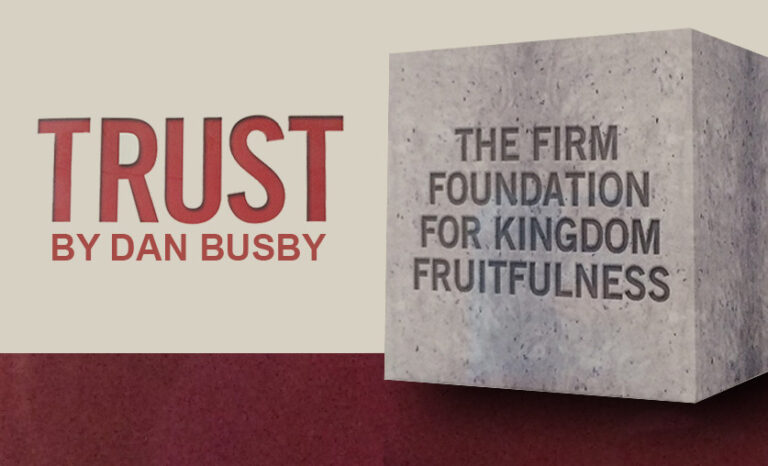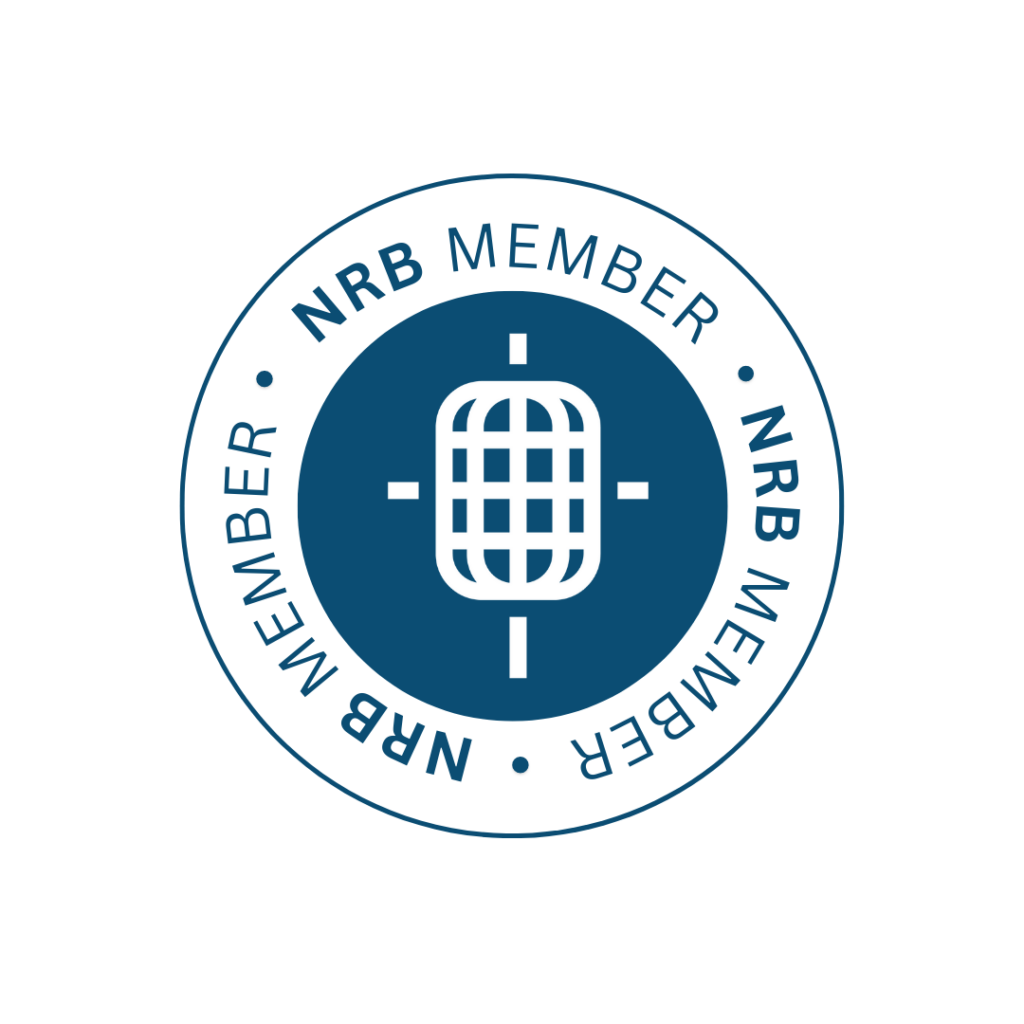Simple Isn’t Easy
Seth Godin reminded me the other day with his post about our desire for easy simplicity. He writes that our “quest for simple and easy” is self-defeating. Our desire, too often, is to find a list of rules we can follow and therefore can stop thinking.
“If I just follow the instructions . . .” life would be simple and easy. I think easy and simple don’t really fit in the same sentence.
I’ve always found that simple takes a lot of work. One of the 20th century’s greatest thinkers, Albert Einstein, said that “most of the fundamental ideas of science are essentially simple and may, as a rule, be stated in language comprehensible to everyone.”
Frankly there’s nothing harder than trying to express a complex idea simply. Ronald Reagan said “There are no easy answers but there are simple answers. We need the courage to do what is (morally) right.”
Perhaps the drive for “easy” is what moves our lottery games into the stratosphere every time it reaches a certain level. Everyone jumps in even though it’s more likely that you’ll be struck by lightning. Twice. At the end of the day, we often find that easy isn’t really satisfying.
Our reward isn’t just the end result; it’s what we learn along the way. I’m reminded of something I read from Todd Skinner, world renowned mountain climber, in his book Beyond the Summit. He writes:
We “finally realized what we had done wrong on Hooker (a mountain easily climbed the year before). We had let our line of ascent be defined for us by time constraints, historical values, and theguarantee of success (emphasis added). It ended more of a feather in our caps than a foundation block beneath our feet.”
The goal isn’t the summit; it’s what you can learn to help you achieve even higher goals in the future. Simple? Yes. But it’s never easy.
Related articles
-

CEO Expectations of a Director of Development
Did you know the national average for a director of development’s tenure with a nonprofit is only 18 months? Why…
-

The Value of “Trust”
In any fundraising effort, the crux of every invitation to donate is based on trust. Trust that the organization’s leadership…
-

Slowing the Revolving Door in the Development Office
“The person I just met with was asking for funds for a ministry that he said is the most important…






